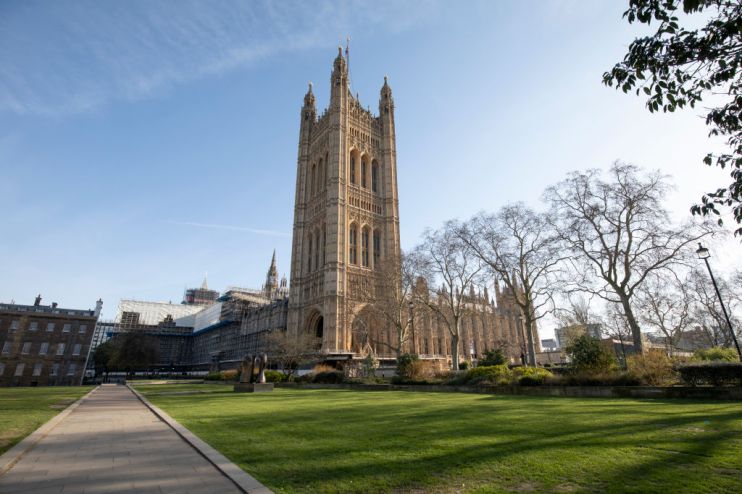Coronavirus: The economy is in trouble, and there seems no plan to fix it

As a rule, it is always helpful to question the usefulness of government plans—often as they are late, over-budget, over-promised and under-delivered. But when the alternative is an empty void and the government promising no light at all to what will be possible, never mind when, just an inkling of a suggestion that someone is doing some work somewhere would be nice.
Right now firms are running out of cash; nearly six out of every ten firms think they’ll run out of money in the next three months. Just over one in twenty say they already have. We’re teetering on the brink of a total disaster.
The spread of firm collapse can act like a virus in the worst possible way. As each firm breaks it spreads its issues to those connected to it. Just take a clothing store on the high street. When the government shut their shops, their revenues went to near zero. In the case of Next, when they shut their warehouse they did go to zero. But rents are due, direct debits are still going out for insurance and alarm systems, wages are piling up. Cash is being burned through.
Read more: Loan scheme under fire despite expansion
If they fail then their suppliers will take the hit too, the looms, the designers, the cotton farmers, the delivery firms, the ports, the banks lending to them. If they then go under, the hit passes on to these firms’ dependents, creditors and shareholders in turn. Faster and faster, running away from any government’s ability to know or do anything about. Broad base firm collapse is societal collapse too.
A depression is now not just an interesting bit of history, but a very real threat charging full steam ahead.
The OBR, with an uncharacteristically sunny disposition, managed to tell journalists with a total straight face that their worst case scenario was one with 10% unemployment and no lasting damage to the economy from three months of a lockdown. I beg to differ.
So do you as it happens. According to YouGov just 11% of people think that the economy is going to ‘bounce back’, 42% think the economic outlook is going to be worse for a few years and a further 41% say the economic damage will be much more long term. Who knew that bureaucrats were so lacking in imagination compared to the general public?
The cost of this crisis has fallen on those that have lost their lives first and foremost and their families. After that, it’s fallen on those whose livelihoods are being destroyed, their futures curtailed, and possibilities whipped away. The private sector has borne the brunt of the upfront cost as the government shut their doors and brought down their revenue. They are in the dark as to what happens next. They need to know that there’s light at the end of the tunnel and if there is none, they have a duty to their shareholders and to their staff to tell them that it’s over.
Leaving them in limbo is both cruel and unusual. Many breathed a sigh of relief when the Chancellor announced £330bn of grants and emergency loans to companies as this crisis began. But just £8.7bn has gone out. We’re still three days away from firms even beginning to claim cash for workers on the furlough scheme.
Across Europe it’s a different picture. It is not just the likes of Switzerland who have doled out cash quickly and efficiently to keep firms alive. But also in planning for the future. Austria, Denmark, Germany, even Italy and Spain have rolled out what they think should happen in the coming phases and once this crisis abates entirely.
We deserve the same. It’s not about lifting it now, it’s about knowing what happens when lockdown does end. How it will end, who it will end for first, how firms will be able to start earning again and what plans are out there to slash costs for companies.
Let me spell it out to the socialists and the big state spenders out there plotting to splash the cash: It ain’t yours. Companies have borne the brunt from shuttered services, and it’s the private sector we’ll need to see back up and running at higher capacity once this crisis starts to cool down.
Employers need their national insurance payments cut if they’re to keep workers on and hire new ones; to get our frozen housing market running and ensure our care homes have cash, we’ll need transactions up there too so stamp duty should be scrapped; we’ll need investment taxes cut; and corporation taxes slashed. With a plan then firms can plan, develop, adapt, and even thrive. But leave them wandering alone in the dark, more of them will succumb to it.
The Tories must understand at this critical moment that if they spend money they don’t have, to command and control an economy so complex they cannot possibly fathom, then they won’t just have ceded ground to the socialists, they’ll have become them.